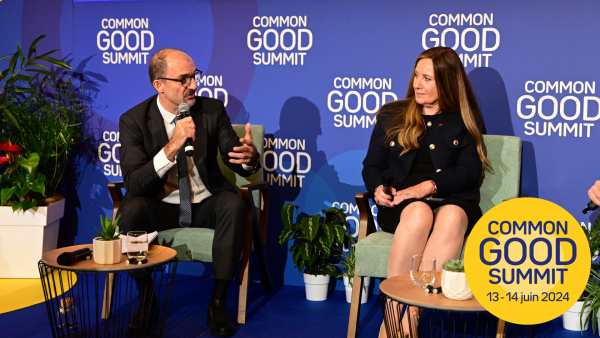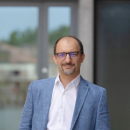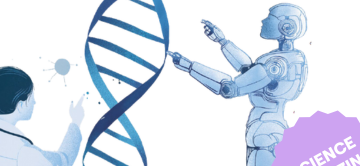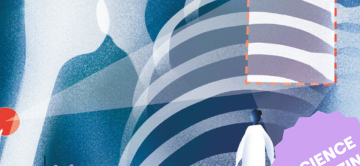
This debate took place as part of the fourth edition of the Summit of the Common Good, organised jointly by TSE, Challenges and Les Echos-Le Parisien Evénements. On 13 and 14 June 2024, economists, economic decision-makers, representatives of public authorities and civil society came together to reflect on a central question: Who will pay for the common good?
Artificial intelligence has opened up a whole new world of possibilities for R&D in the healthcare sector. Thanks to this technology, laboratories are developing cutting-edge new treatments created by compiling vast quantities of data, which humans alone would be unable to process. For example, AI techniques enable large-scale genetic association studies, to discover possible links between genes and diseases, and thus steer research towards new treatments.
However, we can't do without doctors and scientists. While AI enables us to process very large quantities of data efficiently, it also sometimes makes so-called Type II errors, erroneously associating genes and diseases. These errors are in any case corrected by subsequent clinical tests, but the vision and knowledge of doctors enable us to readjust and combine the best of technology and the human touch. This important complementarity shows that scientific knowledge is not yet obsolete and useless in the face of AI.
These very positive advances do, however, raise regulatory issues concerning the ownership, sharing and use of data by AI. Governments have taken up these issues. The decisions they take will have an impact on their ability to innovate in this field.
In the meantime, we're seeing the emergence of fascinating innovations such as the "virtual digital twin" concept, which makes it possible to test treatments intended for patients on their virtual equivalent, in order to learn about the consequences, both positive and negative, of these treatments and thus adapt them as best we can.
Article published in Challenges in June 2024
© Anaëlle Raguet © Franck Foucha




